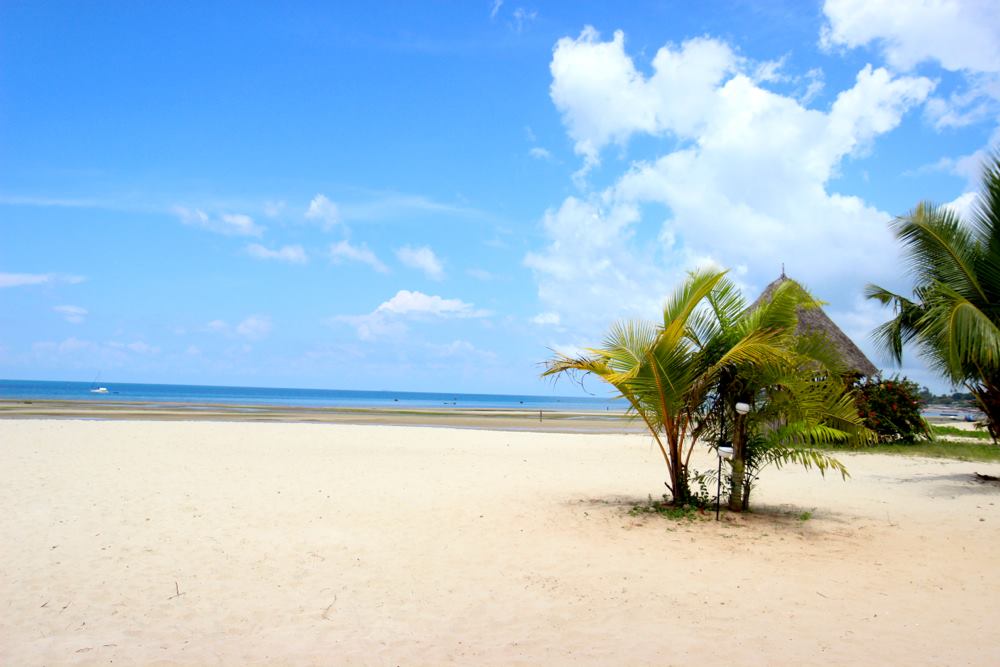
Earlier this month, I travelled to Tanzania with Coca Cola.
Undoubtedly it’s a beautiful country – the beach at the top of the post is in Zanzibar, and I’m not sure I’ve ever stood in a more picture perfect spot.
But the picture postcard only tells a fraction of the story.
Life in Tanzania is incredibly hard. One in nine children don’t survive to see their fifth birthday. Half the population doesn’t have access to clean water. For women, life can be particularly hard – fewer than half of girls in Tanzania attend secondary school, and 50% of women in the country say they have experienced sexual or physical violence.
These are big problems, to be sure. But I was heartened to see Coca-Cola’s 5 by 20 initiative in action while I was in Tanzania.
5by20 aims to empower 5 million women by 2020 through a combination of training, mentoring and support programmes for female entrepreneurs who come into contact with the Coca-Cola brand in some way – perhaps as farmers, retailers, distributors and even women who recycle packaging or transform old packaging into new products.
The idea behind 5by20 is actually quite simple – by providing women to things they may otherwise struggle to access (skills, training, financing and networking) then the women become more productive, and their local economies stronger.
We were so lucky to meet some of the women involved in the 5by20 programme while we were in Tanzania.
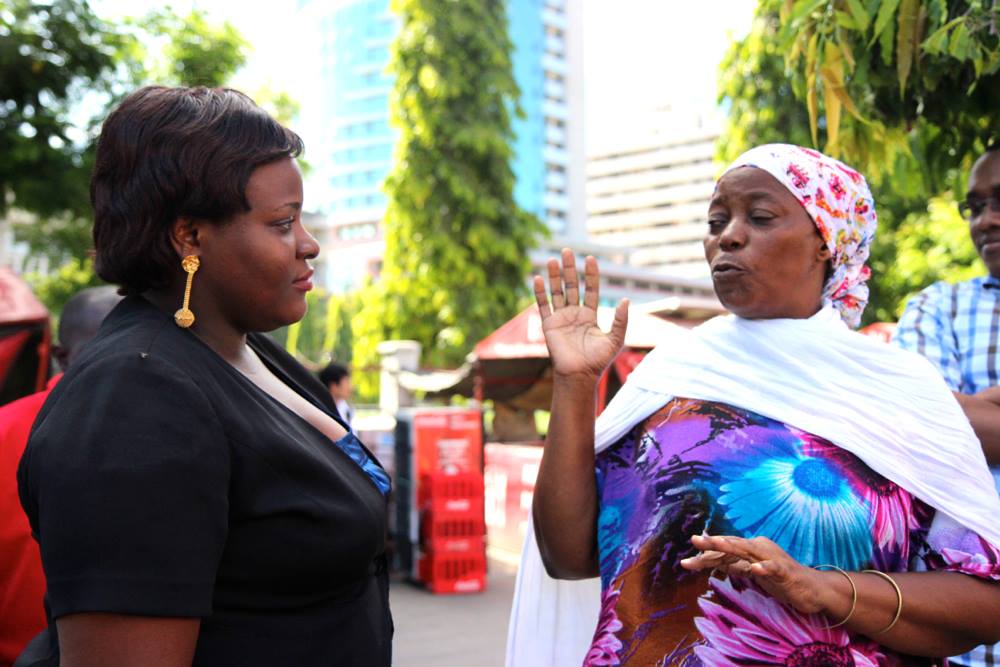
Mnazi Mmoja (above, right) used to sell rice from a bucket at the roadside in Dar Es Salaam. It was dirty, dangerous and unreliable work – as an unlicensed street seller, Mnazi and her friends were regularly moved on by the local authorities.
Through the 5by20 programme, Coca-Cola paid for canvas market stalls, benches and tables, set safely away from the roadside. They installed solar panels, which mean each market stall can run a small cooker and cooler. The women who used to sell from buckets can now prepare and sell a range of food and drinks, and are official market traders, meaning they have security.
But 5by20 is more than a handout – Coca-Cola helped the women at the market access training in business administration and book-keeping. This helps the women with everything from stock taking to paying taxes, ensuring their business is as efficient – and sustainable – as possible.
Perhaps the most inspiring thing I saw in Tanzania, though, was this – an Ekocenter in the tiny village of Twundi, a three-hour drive along dirt roads from Dar Es Salaam.
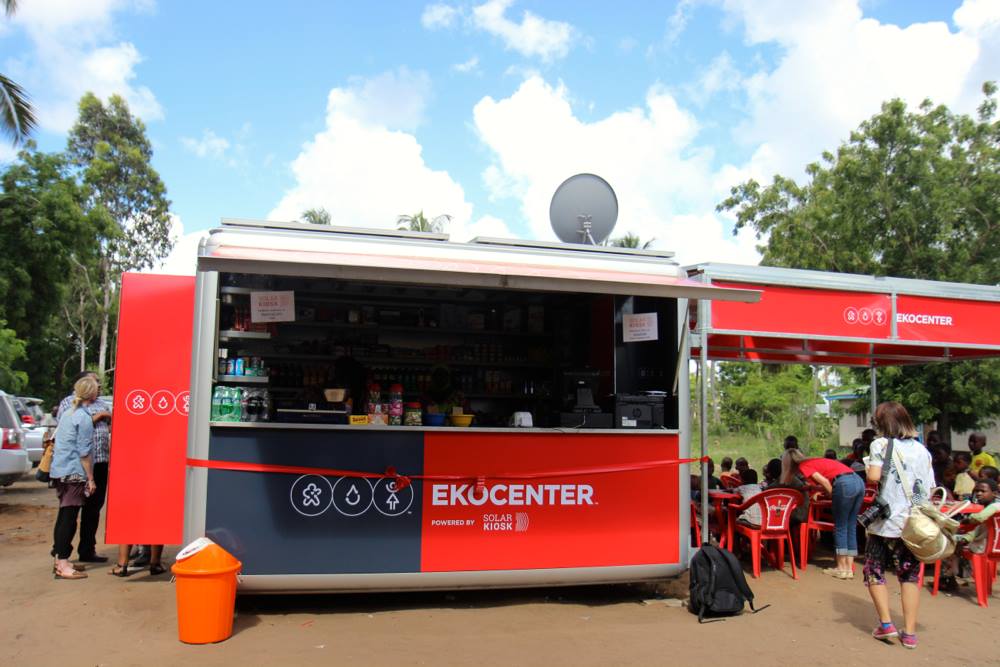
Before Coca-Cola and its partners arrived, the people in Twundi had no electricity. There was a single tap, shared by over 1,000 people – and the water it provided was dangerously unclean.
The Ekocenter changes all of that.
Ekocenter is a social enterprise – it’s essentially a mobile shop with some very compelling extra features. For starters, the Ekocenter is built around a new borehole, that offers the whole community access to clean, safe water. There are solar panels for sustainable electricity, which can be used for everything from refrigeration to charging mobile phones. There is even wireless Internet access, connecting the community to the wider world.
I’ll be honest – living in the UK where I complain if my broadband is too slow to stream Netflix, it’s hard to imagine how hard life must be for the people of Twundi. I can’t imagine knowing the water I give my daughter might make her sick, and we might not be able to get the medication needed to save her life. I can’t imagine not being able to grab food from the fridge and switch on the kettle each morning for breakfast.
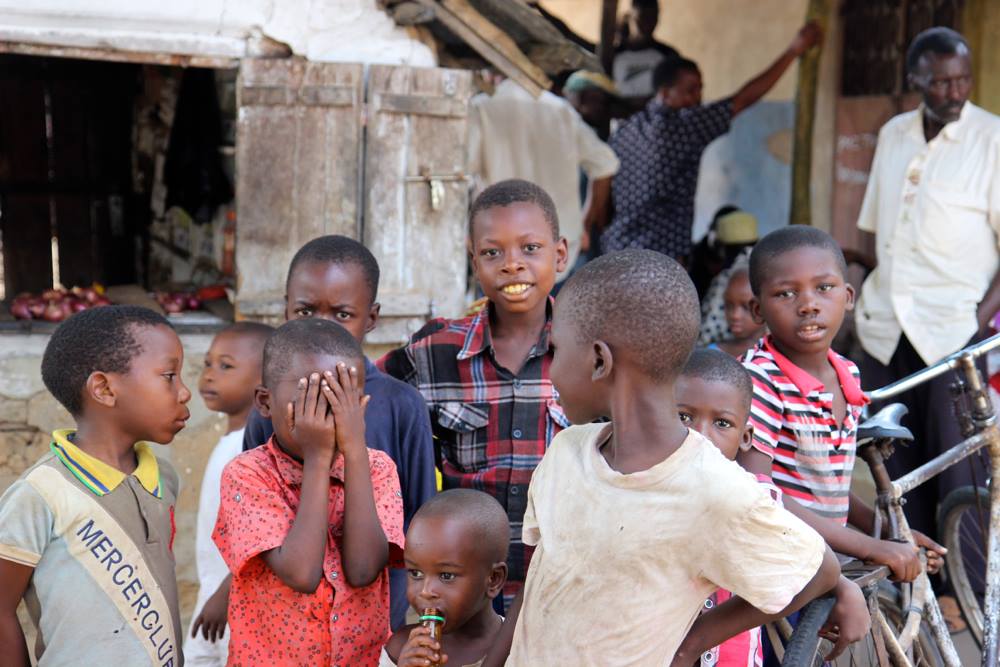
Perhaps most importantly, though, the Ekocenter is a social enterprise, run by local women in the Twundi community.
Coca-Cola’s 5by20 programme gives them access to business training, helping the business to thrive and supporting the entire community. The Ekocenter in Twundi sells a range of basic necessities – selected to avoid competition with existing local businesses – and early results suggest the entire local economy can be boosted by the arrival of the Ekocenter.
So what’s the point of sharing these stories with you?
Perhaps because they are stories you’re not hearing anywhere else.
I had no idea that millions of pounds of medication was being wasted because it’s not being effectively delivered or stored. I had no idea that there were still places in the world where children died of ludicrously simple illnesses like diarrhoea when the medication to save them is a few miles down the road. Maybe I knew there were still places in the world where people slept on the floor in mud huts, without access to water, electricity or contact with the outside world – but I didn’t know what those places look like.
I certainly didn’t know that multi-national corporations are now a critical part of the fight against these problems. Programmes like the 5by20 initiative, Ekocenter and Project Last Mile are only possible because companies like Coca-Cola are collaborating with charities, NGOs and government agencies in new ways to create innovative approaches to difficult problems.
For all the struggle I saw in Tanzania, I loved seeing stories that should give us hope.
And I think that’s the point.


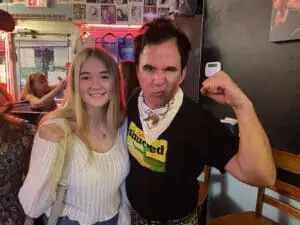
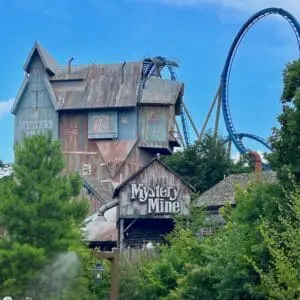
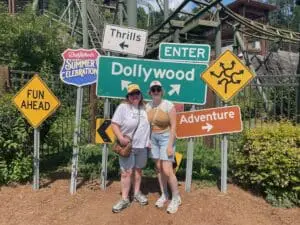
Terribly shocking statistics. So glad to see Coca Cola taking such strides to tackle so many of these problems. Let’s hope that Tanzania becomes as healthy and safe a place to live as that picture postcard suggests it should be.
Thanks Anya – it was such an eye-opening trip, I do feel very lucky to have experienced it.
This is really interesting to read and it’s great to know that a multi-national company like Coca Cola is doing such excellent work to help people.
Hi Gretta
Thanks for commenting, yes, agreed, it’s interesting to see how important a role corporations can play in these sorts of projects.
I really enjoyed following you and Amanda on this trip. It really is incredible what simple interventions can do and how amazing women are and what they achieve when truly empowered. I am so jealous you got to see Zanzibar though, as the manager of the charity we visited with Comic Relief, told us so many good things about it, I would love to return to Tanzania as a tourist, and see Zanzibar and the Serengeti National Park.
Thanks Penny – Zanzibar was beautiful, I’d love to see the national parks too, friends have told me it’s a stunning place to visit.
I was wondering if you could give me more information on the geographical location to Twundi. Planning a trip there this summer but cannot find any information on where exactly it is located.
Thanks
Hi Edwin
I’m not 100% sure, I think your best bet would be to contact the 5×20 team on Twitter, they’re @cocacolaco and the hashtag is #5×20
Sometimes it’s important to leave a good mark when visiting another country. 🙂